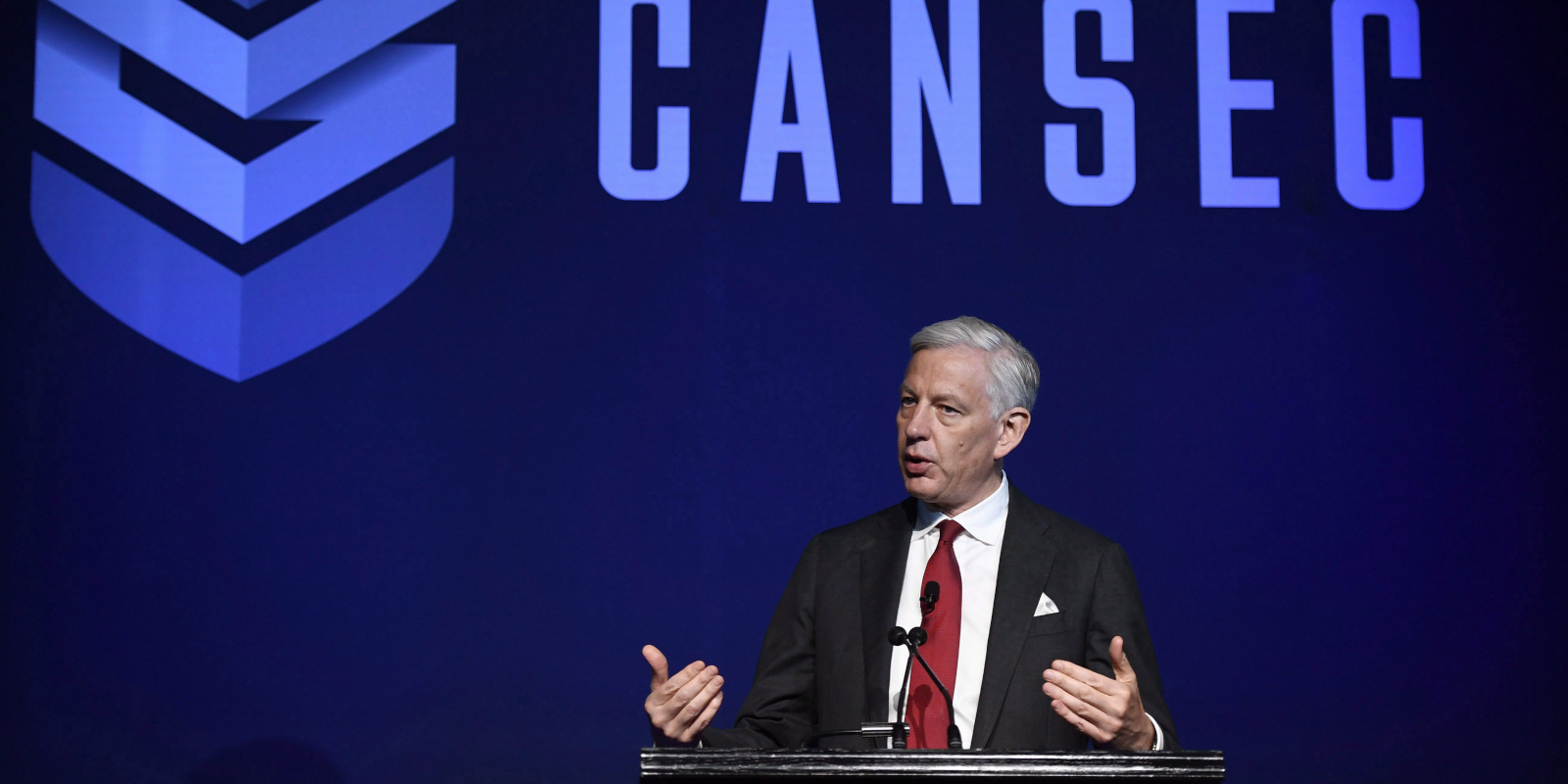If there was any doubt that the government’s penchant for expensive consultant contracts was going to dominate debate in the House of Commons, Conservative leader Pierre Poilievre put it to rest with his first words during question period this week.
“There’s been $15 billion spent on contracts. How many of them went to McKinsey?” said Poilievre, in French, during his first question of the new sitting.
The whopping price tag of $15 billion for the 2021-2022 fiscal year was uncovered by a research team at Carleton University which has been digging through hundreds of thousands of government contracts.
Dominic Barton, the government’s former ambassador to China who had previously served as the global managing director of McKinsey, the management consulting firm, has become a prime target for the opposition’s accusations of crony-ism. McKinsey has received more than $100 million in contracts since the Liberal government came to power in 2015, according to government documents.
Today, Barton will be the sole witness at a House of Commons committee hearing that is trying to make sense of the huge expenditure on consultants. While the committee grills Barton, opposition politicians will likely keep the issue in the spotlight down the road at the House of Commons as they have been doing all week.
“The (prime minister) has always had trouble defining the middle class, now we know his definition: It’s his friends who make $1,500 an hour as high-priced consultants over at McKinsey, where his personal friend Dominic Barton was the boss,” said Poilievre, during question period on Monday. “How much did his government give McKinsey? How much?”
Poilievre stuck with his line of questioning on McKinsey for his first five questions on Monday, while Prime Minister Justin Trudeau parried the interrogation by talking about the government’s signature initiatives, like the Canada Child Benefit and the recently unveiled dental benefit. On Tuesday, Poilievre kicked off question period with another two questions about contracts for McKinsey.
For the Conservative Party, it’s an issue that allows them to simultaneously hit the Liberals on the government’s fiscal largesse and make allegations of corruption, meaning it has the potential to dominate the current Parliamentary sitting while the committee studies the contracts.
Some experts say that it’s perfectly reasonable for a government to use consulting firms, but that it has to represent some kind of savings on the bottom line.
“There are legitimate situations where you’re going to need outside consultants,” said Aaron Wudrick, the director of the domestic policy program at the Macdonald-Laurier Institute.
“What is really kind of mind-blowing here is that we’re basically outsourcing decisions to experts, but then we’re also building capacity in-house at the same time,” said Wudrick, who referred to the massive hiring boom in the federal public service in the last two years. “What the government has to answer for is why they are doing both.”
At a previous committee hearing on the issue on Monday, Carleton University professor Amanda Clarke said by contracting work to non-government firms, it’s possible the public service will lack vital knowledge about programs the government is administering.
“Where we start to see the gutting of the state’s knowledge is the more that your relationship with service users or with stakeholders or with your program is mediated by a contracted party, the less you know about your own operations,” said Clarke. “So governments are actually becoming dumber the more they contract, which has this vicious cycle of needing to contract more because we don’t have the knowledge.”

One former Liberal staffer said the McKinsey controversy had the potential to grow into a big problem for the government.
“By not getting all the bad news out at once—comms 101—the government was put on the defensive,” wrote Eliot Hughes, who had previously worked as an adviser to former finance minister Bill Morneau before joining Summa Strategies. “If they don’t get control of these brush fires or better still, stop setting them in the first place, then they are the ones who will get burned.”
Wudrick agreed that it could be a politically damaging blindspot for the government.
“It’s a pattern. I’m not even accusing them of doing something deliberate, they’re just oblivious to the fact that an average person could look at this and say, ‘Oh, gee, your friends always seem to be getting favours,'” said Wudrick.
Recommended for You

‘A celebration of the spirit of Alberta’: Ryan Hastman on the political, economic, and cultural importance of the Calgary Stampede

‘Can we actually be an independent country?’: Michael Ignatieff on the 60th anniversary of Lament for a Nation

Fred DeLorey: Why the NDP may be in even bigger trouble than we think

Michael Geist: Children accessing porn is a problem, but government-approved age verification technologies are not the answer



